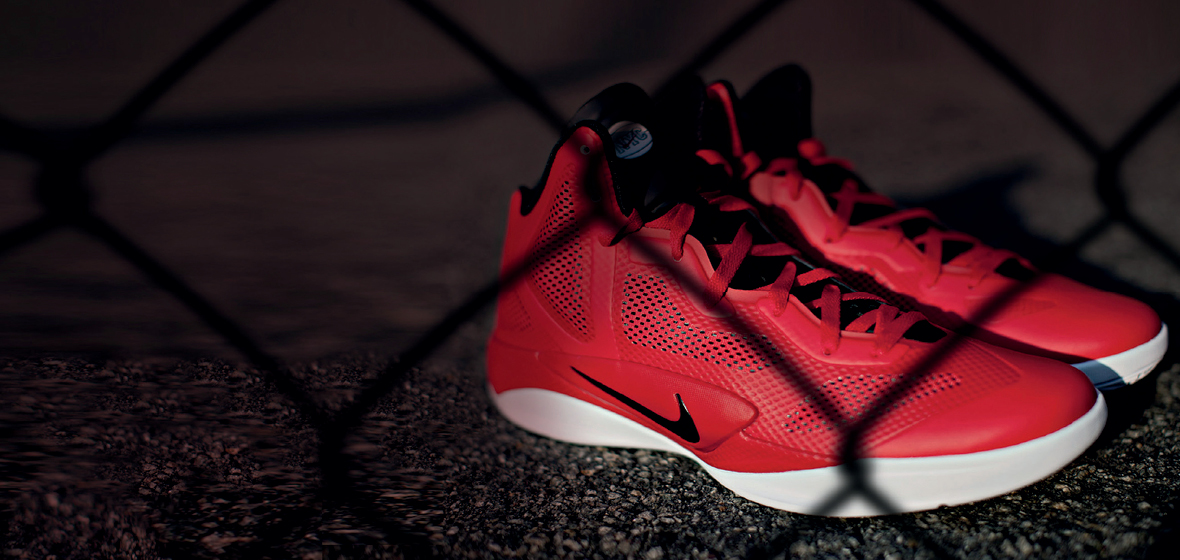JILLIAN MITFORD-BURGESS, Special Counsel Pro Bono at Henry Davis York, recalls her time representing children in detention for the NSW Aboriginal Legal Service (ALS).
It has been eight years since I was directly involved with kids in the criminal justice system. But I still remember the sadness and sense of responsibility. I remember the kids and I remember their stories. Those kids. Just little people. Inexperienced. Lost in a strange world of rules and big words and locked doors and never-ending uncertainty. Where strangers, their lawyers, end up becoming their familiar faces.
The cells downstairs were your first point of communication. Many of the kids you saw were sitting in the very same spot just a few weeks earlier. Those kids were riding the familiar cycle of bail applications and broken conditions and lock-up.
I would read them the facts and they would give me their reasons. Sometimes muddled and poor and sometimes straight and understandable. To be expected of course, as they were kids, just kids. Kids with underdeveloped impulse control and poor self-regulation. Kids with enormous complexity and suffering. Many of them trying to grow in fractured environments of embedded disadvantage, dysfunction and mistreatment.
I would sit with them in the detention centres. I’d update them on their matter. Try to feed them the information they needed while answering their sometimes unrelated questions. Like, “Miss, when I got locked up they took my best Nike trainers – red colourful ones. How long till I get them back? That’s all I wanna know.”
The kids wanted to hold on to what they owned because not much was theirs. I got that. I got the dailyness of that, the innocence and the distraction of that. Because when the macro scares the hell out of you, it’s easier to focus on the micro.
I remember the sad ones. Their slight and developing forms sitting there with stillness and flatness. Distance in their tone. Heaviness in their body. I felt that overwhelm. Their numbed indifference. They had shielded themselves in difficult times, covered up, shrunk in. They just wanted me to roll through the process and get out.
Sometimes I could find ways to build communication with those kids and sometimes I couldn’t. At times their stories started to fall out of them and I would hear about abuse, neglect, loss and grief. They were wandering aimless, desperate to find some anchorage. That anchorage mostly came in the form of a bad habit, drugs, alcohol or other crimes. Some kids wanted to stay in detention. I was often told, “Hey miss, you know, it’s kinda okay in here. I get food and a bed and it’s better than home.” I remember seeing one 16 year old every week in detention. He would ask to see me just for company. He had been abused, depressed, medicated. But he was so articulate. So handsome and fresh-faced. He had two kids. He didn’t often see them but spoke of them fondly. He used to dream of starting a small business mowing lawns. I would encourage him but I knew it was an almost impossible dream because he was pretty settled in his crime and lock-up cycle.

This boy used to describe himself to me with such hatred. I remember saying to him, “If I had your experience and your history I would be where you are sitting, and if you had my experience and my history you would be where I am sitting.” I thought of us as equals, both human, navigating through life. Just with different histories and different paths. He made numerous attempts on his life. He was so desperate. I used to tell him I was so sorry for what he had and continued to go through. As a person taking space in this world, I, me, Jill was sorry.
I remember an Indigenous boy who lost his application to avoid having his photo taken for identification reasons. I was his representing solicitor and I had lost the hearing. He screamed at the frustration of being forced to do what he didn’t want to do. Just a kid, having a tantrum. It was so confronting. I sat with him, spoke with him, tried to comfort him and was silent with him, trying to honour his emotion. Then I left the cell and I cried.
I remember another lawyer saying, “If you feel like that you aren’t cut out for this work.” Back then, I thought he was right. But now, all these years later I have realised I don’t agree. We have to work from our hearts. Crack open that deep space with our clients, open up to each other and settle into humility. In building that relational ground surely that is where true advocates grow.
The kids wanted to hold on to what they owned because not much was theirs. I got that. I got the dailyness of that, the innocence and the distraction of that. Because when the macro scares the hell out of you, it’s easier to focus on the micro.
JILLIAN MITFORD-BURGESS,
Special Counsel Pro Bono at Henry Davis York
Leaving the Aboriginal Legal Service at the end of my secondment was hard. It was such an honour to work for those children. All of them unique and wonderful and dependant and vulnerable. That honour was greater and all the more important because I had three children of my own. When I saw the scuffed shoes of my clients, I thought of my own children’s shoes. The fresh skin on the back of their young hands, newly formed adult teeth, clear eyes, bruised knees. Little people, little friends. They were the same. Just some are doing well and some are not so. My little ones are no more important. No more special.
Years later I find myself still at a distance to this area of law but fortunate enough to witness the work of organisations like Whitelion and Just Reinvest. I reckon they are the gold light of working and advocating for those caught in the justice system. We cannot address the cycle of crime without addressing the social and cultural underpinnings of the system that actually grows it. A new map is required. We need to re-write and re-think. To create a system that is focused on systemic change, compassionate action, deep empathy, authentic forgiveness. So let’s support the game changers and big thinkers who are trying to re-draft.
In your own capacity, whatever that is, be the authentic representation for what is right for the kids. Keep your moral compass in line with empathy, compassion and use your language to tell stories, repeat stories, challenge and remind yourself of those who may not be so lucky.
Children in detention and youth at risk need advocates. Every day. Every single 24-hour day of every month of every year these kids need true and steadfast advocates. Harness that.




